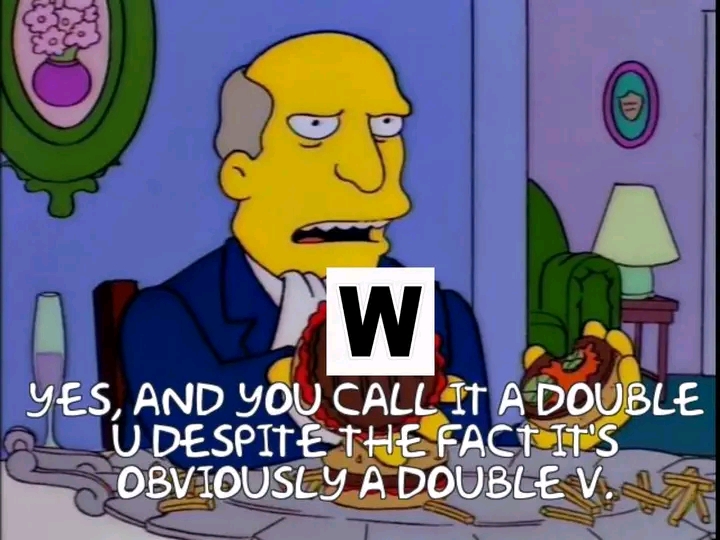The em dash is called the em dash because on old typewriters it was as long as an M. Why do I feel closer to this punctuation mark than the others? It could be partly because I ignored it for so long that it is the last punctuation mark that I got to know, and when I found it, I learned that it could do the work of several other punctuation marks, especially my archrival, the semicolon!
I mean, semicolons have their place. In my opinion, two places: lists within lists can be indicated with semicolons, and when you want to show your English teacher that you were listening in class. That's about it.
I was taught that if I want to show that two independent clauses (an independent clause is a complete simple sentence) have a stronger connect than just being right next to each other, we can add a semicolon. And then they proceeded to show us examples of full, complex, sentences with semicolons between them. So, they weren't wrong, but they could have just said that they link two sentences to show a stronger connection--other specific syntactic units have nothing to do with it.
See what I did there? I used an em dash where a semicolon would have been. If you don't know where it is on your keyboard and your app doesn't make it automatically when you write a double dash, then a double dash (--) will do fine.
If you are among the continentally-challenged users of English, you may use a single dash ( - ) to achieve the same thing as a double dash. If you use the en dash, leave a space before and after the dash, but not with the em dash.
The em dash can also replace (parenthesis) or commas to set apart a phrase in the middle of a sentence.
"My best friend—the one who moved to Australia last year—just sent me a postcard."
So, we've now replaced the semicolon, parenthesis and commas in at least some of their uses. We're coming for you now, ellipsis.
The ellipsis (...) does a lot of things: omission, pause, cutting off a sentence part way through, and suspense. The em dash can be used for all but omission. So, if you leave out some text from the middle of a sentence, replace it with an ellipsis, but otherwise, you may want to use the em dash. When constructing an ellipsis, shalt thou count to three, no more, no less. Three shall be the number thou shalt count, and the number of the counting shall be three. Four shalt thou not count, neither count thou two, excepting that thou then proceed to three.
When using an em dash to cut off a sentence, it comes across as a bit more harsh. "If I have to come in there again--" When you want it to kind of trail off more gently, maybe an ellipsis is called for. "But I thought Christie was..."
I've seen them replace quotation marks and colons, but that's not something I do with them.
I would be happy just to have them rid us of the semicolon and Kurt Vonnegut agrees with me. He said, "Here is a lesson in creative writing. First rule: Do not use semicolons... All they do is show you've been to college."
Thoughts?




